Energy Agency worried by withdrawal “challenges”

The International Energy Agency (IEA) fears that steps proposed by the Swiss government to end the country’s dependence on nuclear power will not be sufficient to stabilise electricity consumption.
The IEA added that demand is in fact likely to rise in the next few years.
The country will have to take wide-ranging accompanying measures if it is to meet the challenges of its proposed abandonment of nuclear energy by 2050, says an IEA report presented at a news conference in Bern on Tuesday.
Switzerland also faces huge challenges in reducing its CO2 emissions by one fifth by 2020.
IEA executive director Maria van der Hoeven said that the simplest response to the gradual withdrawal from nuclear power would be a switch to gas-fired power stations, even if the measures that would then be required to compensate for the extra CO2 emissions would increase the price.
The agency’s recommendations include the modernisation and liberalisation of the sector. It calls for investment in the renewal and expansion of energy infrastructure, and says fixed prices – based on the cost of production – should be scrapped, and consumers should instead pay the real costs.
Van der Hoeven said this would be the best way to persuade producers to invest in more modern and efficient systems. Investors need to be encouraged by ensuring an attractive environment that includes a dependable long-term legal framework.
The IEA report also calls for closer integration with the European Union energy market and better harmonisation of EU energy and environmental policy.
Government policy
The IEA praises Switzerland for its energy strategy and for its search for a deep storage facility for nuclear waste.
The report says the Swiss market for CO2 emissions should be linked to the EU “Emission Trading Scheme” – something which is already government policy. There needs to be a critical consideration of the extent to which domestic CO2 goals are compatible with economic targets. In particular it says the transport sector should no longer be spared at the expense of other sectors.
Swiss Energy Minister Doris Leuthard said the government largely agreed with the report’s findings, describing it as supporting the “ambitious but correct” Swiss energy policy.
The policy is to be opened for consultation by interested parties this autumn. This is a standard procedure in Swiss legislation where relevant bodies are invited to comment and make suggestions before bills are submitted to parliament.
The electricity market is due to be liberalised in 2015, but this could be challenged by a referendum, Leuthard warned.
The report, Energy Policies of IEA Countries – Switzerland, 2012 Review, is the latest findings on IEA members’ activities, which the agency draws up around every five years.
It is based on a visit to Switzerland last November by an 11-member international review team, which met experts from the federal government, cantons, energy companies and a few dozen organisations involved in the sector.
The team looked at the goals, tools and successes of Switzerland’s energy policy in general, with special emphasis on climate change, energy efficiency, fossil fuels, renewables, nuclear energy, electricity and research. The aim is to support Switzerland as it shapes its future energy policy.

In compliance with the JTI standards
More: SWI swissinfo.ch certified by the Journalism Trust Initiative
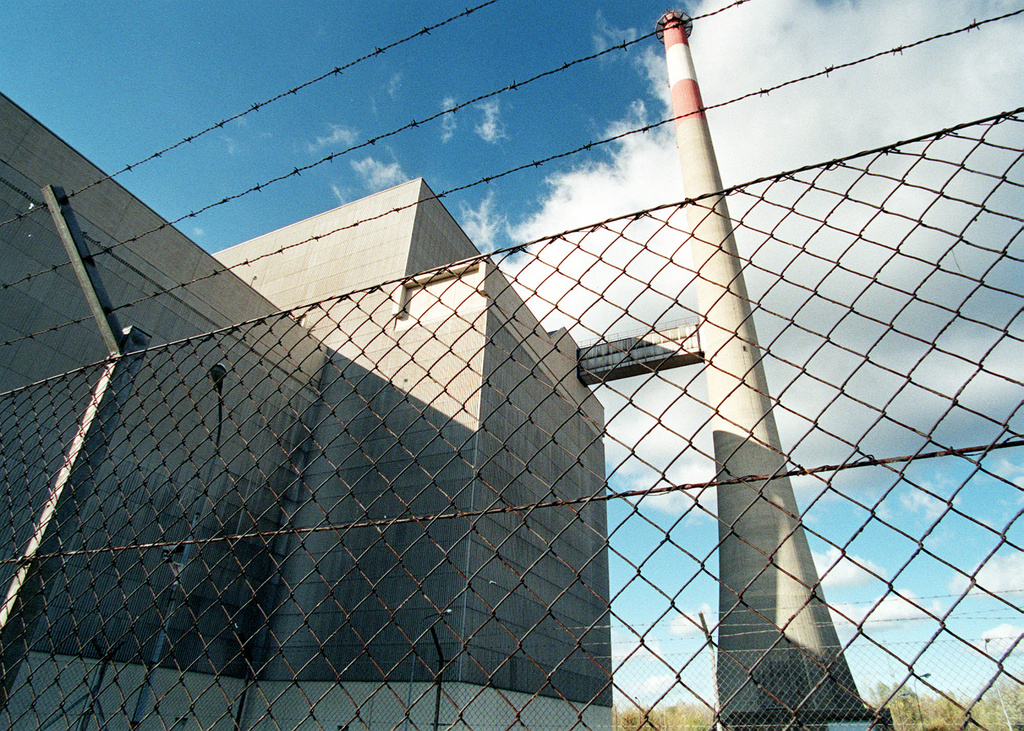
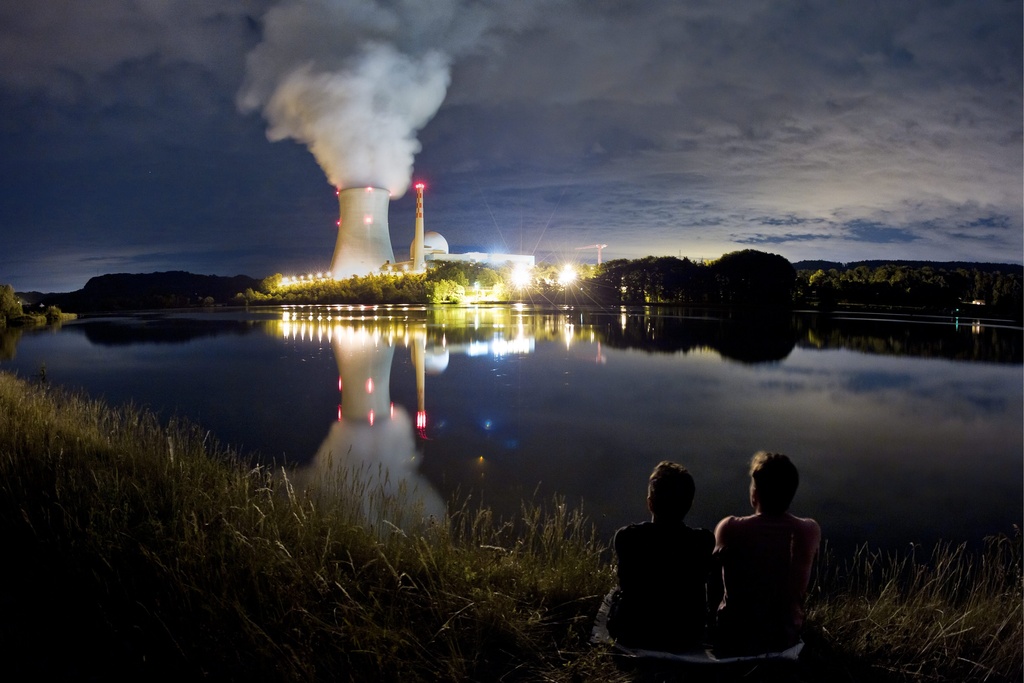
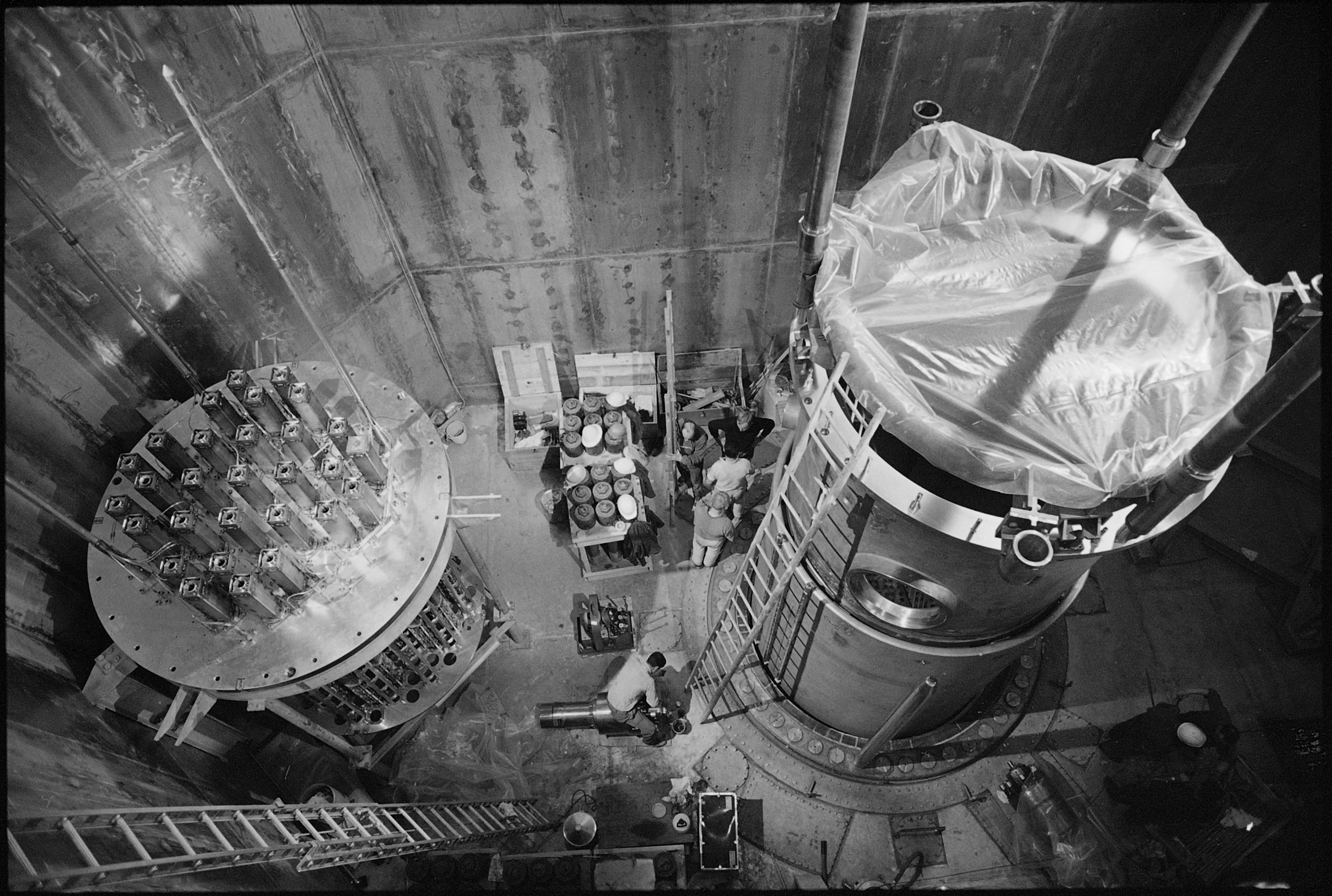
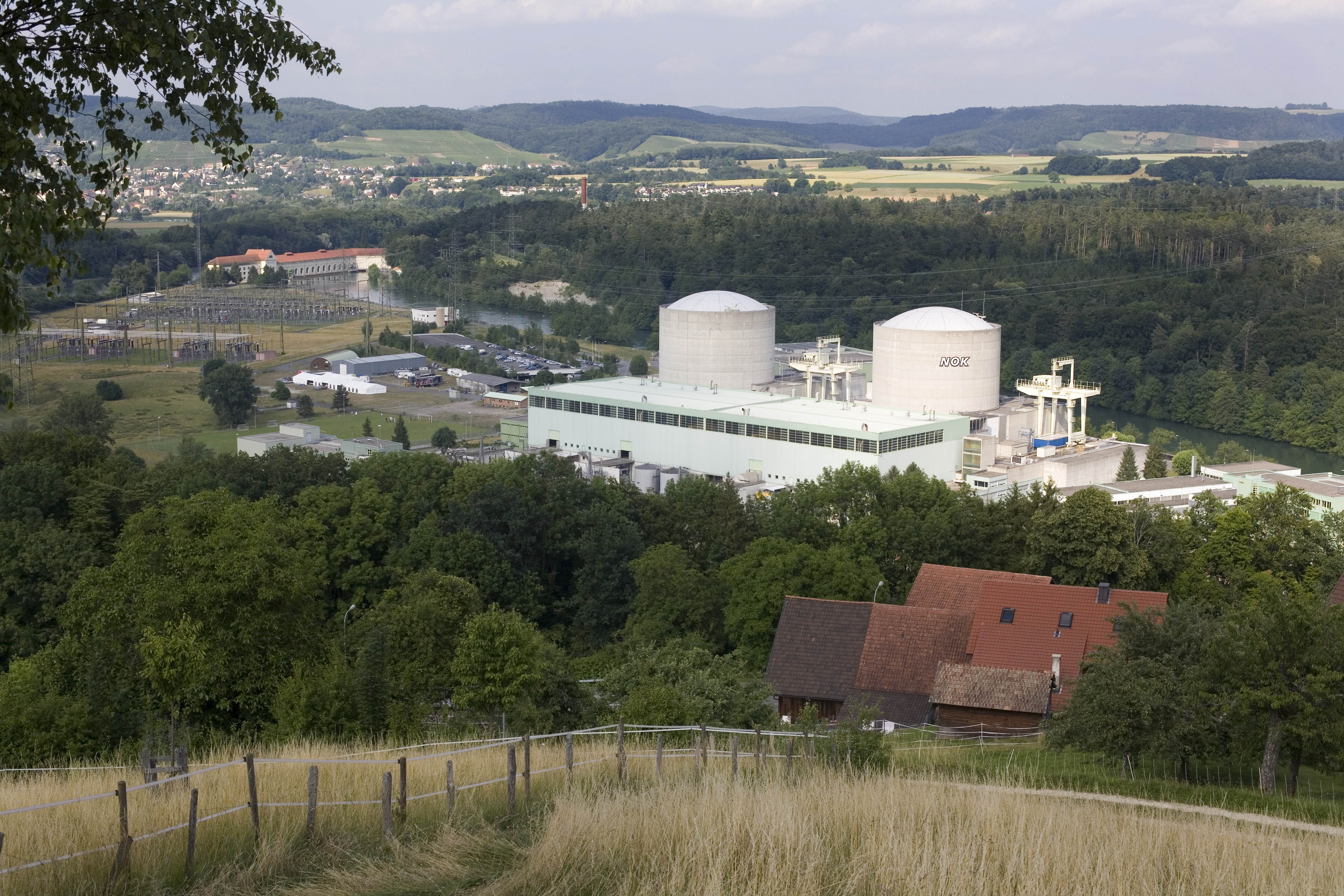
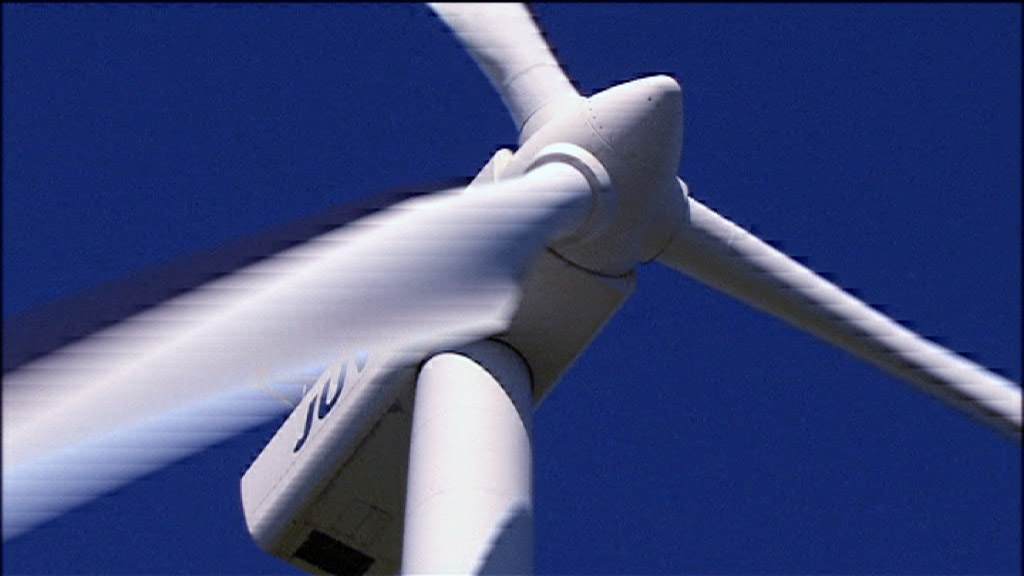
You can find an overview of ongoing debates with our journalists here. Please join us!
If you want to start a conversation about a topic raised in this article or want to report factual errors, email us at english@swissinfo.ch.